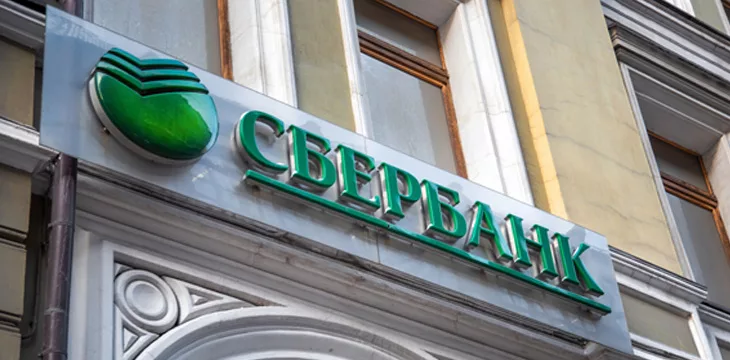|
Getting your Trinity Audio player ready...
|
Russian banking giant Sberbank has confirmed that retail customers will be allowed to interact with digital financial assets (DFA) on its banking platforms in line with existing regulations.
Sberbank confirmed that the new offering will commence before the end of June and will cater to the needs of both private and institutional investors, local news outlets have reported. Anatoly Popov, deputy chairman of the bank, remarked that Sber would support transaction settlements with DFAs on its platform.
In 2021, the Russian government issued regulations for tokenizing real-world assets like precious metals, debt, and equity. However, digital currencies were omitted in the regulatory framework, with Sberbank seizing the opportunity to launch a platform for these tokenized assets.
Ahead of the full-scale launch, the bank formulated a special assessment system for clients for investors to understand “the quality of the issuer” in whose digital assets he plans to invest. Popov stated that opening the floodgates for retail investors will improve the liquidity of the system while attracting the “largest borrowers'” to the platform.
Plans to allow retail investors into the platform have been in the works since the bank received its DFA license, but technical and operational concerns plagued the move. Since receiving the license, Sberbank has made its move into tokenization with the launch of factored invoices and tokenized gold assets in January 2023.
“The deal demonstrates the interest of the market and the real world economy in a new instrument that can become a good alternative to investments in the framework of de-dollarization of the economy,” Sberbank’s first deputy chairman Alexander Vedyakhin said.
DFA is one of five firms to have received DFA licensing, along with Alfa Bank, Masterchain, Lighthouse, and Atomyze. However, it remains unknown if other recipients will be onboarding retail investors.
Probing for routes around sanctions
Following the imposition of economic sanctions, Russian administrators have been exploring ways to circumnavigate Western embargos. The bulk of attempts revolves around launching a digital ruble with cross-border payment functionality, while others involve using stablecoins.
The country’s parliament is currently deliberating on a digital ruble framework to guide several pilot programs lined up by the central bank. A cursory reading of the proposed framework suggests foreign residents will have unrestricted access to the digital ruble while reviewing the powers of the central bank.
Watch: Blockchain for banking and finance

 07-02-2025
07-02-2025 





